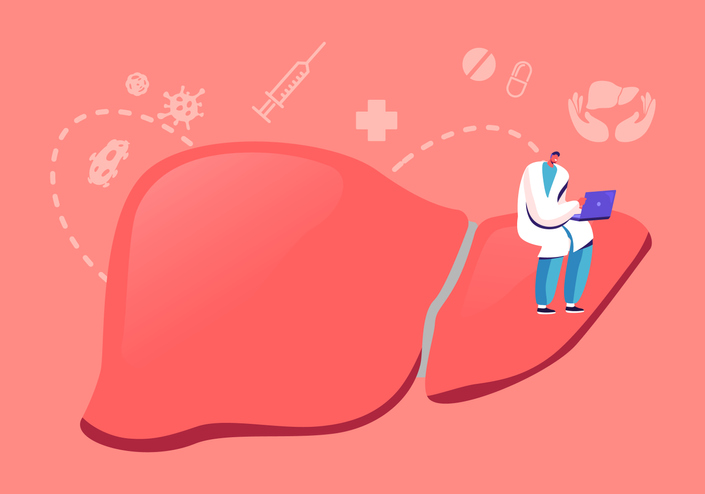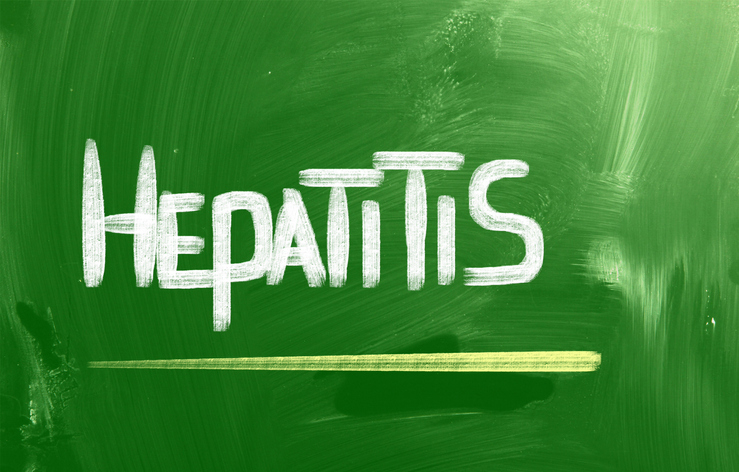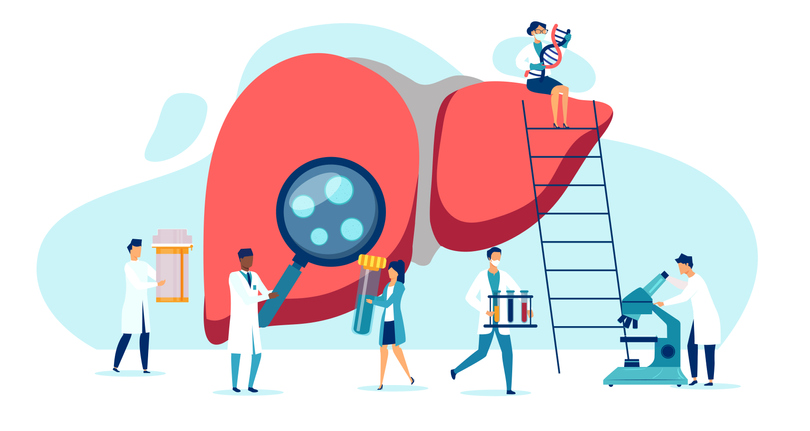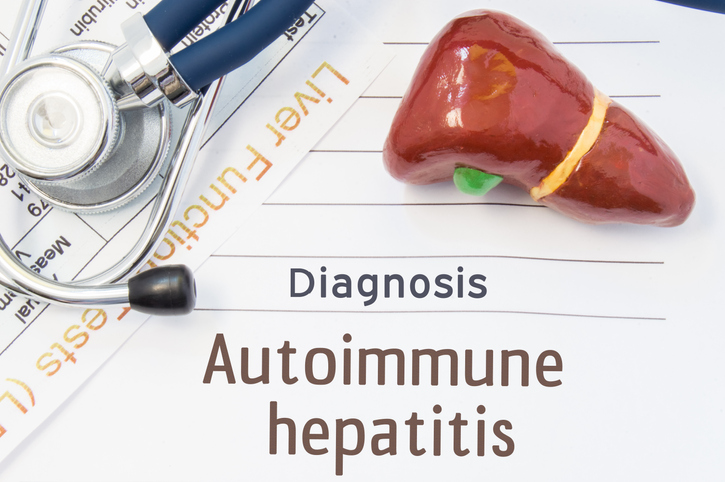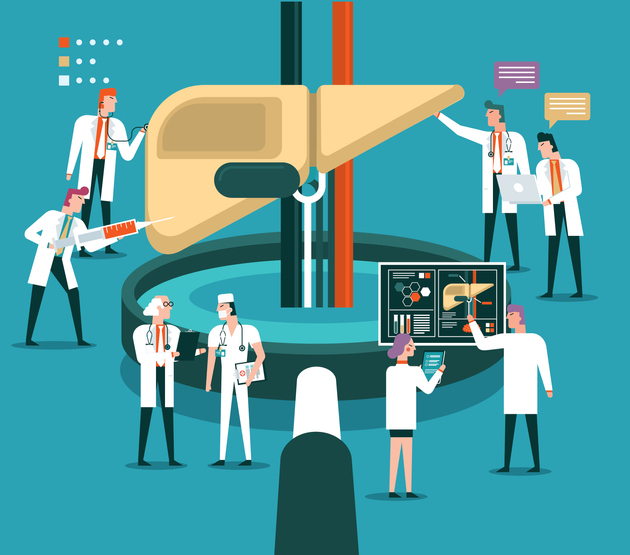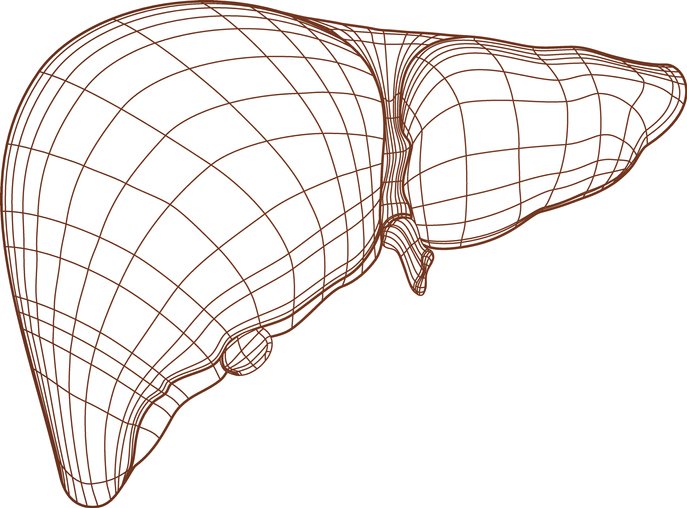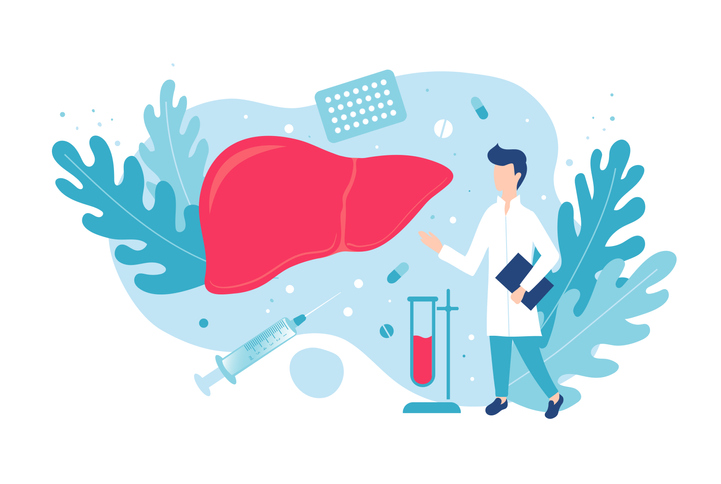Pain
Progression and Potential Complications of Toxic Hepatitis
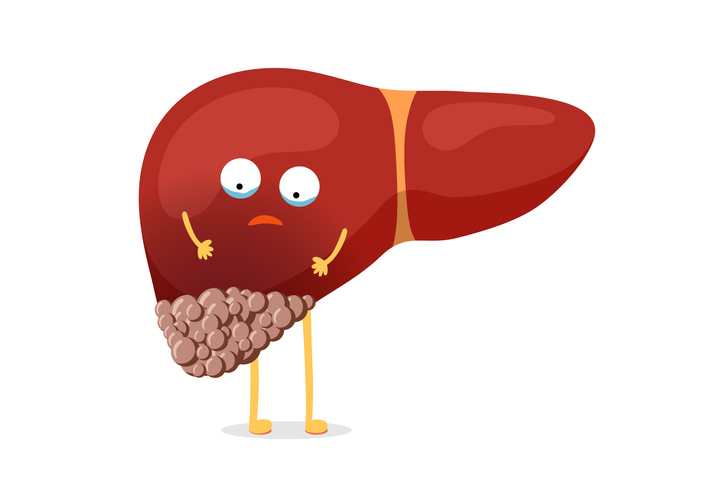
What is hepatitis?
Hepatitis is an inflammatory condition of the liver. It is categorized based on the cause of the condition: viral, autoimmune or toxic. Depending on the type of hepatitis, it is either acute (short-term) or chronic (ongoing).
What is toxic hepatitis?
Toxic hepatitis is caused by drugs, alcohol, or repeated exposure to certain chemicals. There are three types of toxic hepatitis: drug-induced, alcohol-induced, and chemical-induced.
Progression of toxic hepatitis
Toxic drug-induced hepatitis is often acute, meaning that it develops quickly and resolves quickly, typically within days or weeks after consumption of the drug has ended. Toxic alcohol-induced hepatitis typically develops gradually with repeated, excessive consumption of alcohol. However, severe alcoholic hepatitis can develop suddenly and complications can occur within a short amount of time.
Potential complications of toxic hepatitis
Most toxic hepatitis complications are related to scar tissue that forms in the liver. This scar tissue can cause a buildup of toxins in the liver and also affect blood flow. Potential complications of toxic hepatitis include cirrhosis, liver cancer, enlarged veins, ascites, hepatic encephalopathy, and liver failure.
- Cirrhosis
Severe scarring of the liver, also known as cirrhosis, can eventually lead to liver failure, which is a serious condition that can be fatal unless a liver transplant is performed. - Liver cancer
Individuals with alcoholic hepatitis are at an increased risk of developing liver cancer. - Enlarged veins
When blood cannot flow freely through the liver, it may build up in blood vessels in the stomach and esophagus. This can cause heavy bleeding that can be life-threatening, requiring immediate medical attention. - Ascites
Toxic hepatitis may cause fluid to build up in the abdomen. This fluid can become infected and require treatment with antibiotics. - Hepatic encephalopathy
When the liver cannot remove toxins from the body, those toxins can build up and travel to the brain. This can cause confusion, slurred speech, or drowsiness. In severe cases, it can lead to coma. - Kidney failure
Reduced blood flow can damage the kidneys. In severe cases, this may result in kidney failure.
Early identification of toxic hepatitis and ending exposure to the toxin that caused the condition are essential to prevent the development of serious complications.
